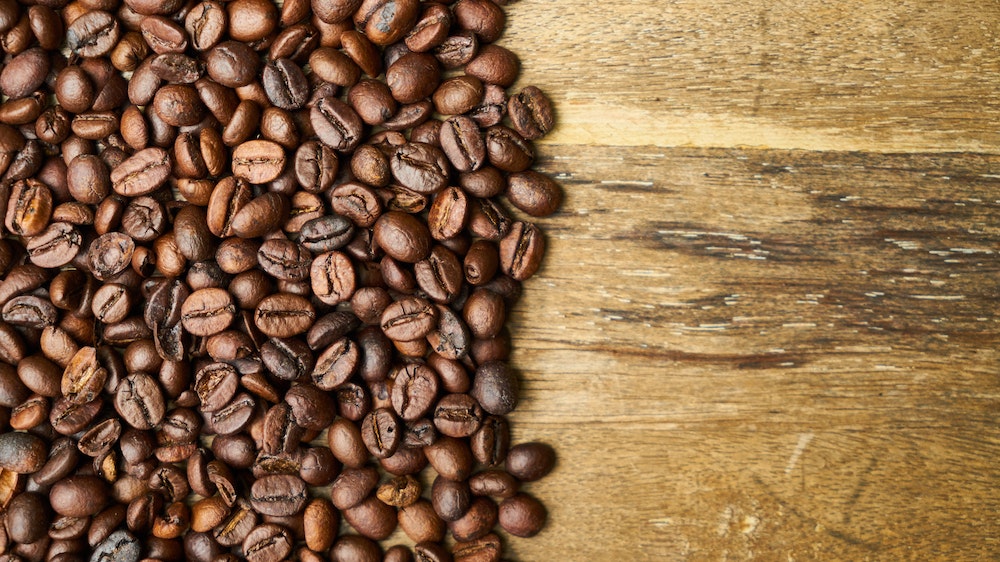The best coffee beans for lattes depend on personal preference, but in general, a medium to dark roast with a balanced flavor profile works well. Beans that have a good balance of acidity and sweetness with a smooth body are ideal.
Some popular choices for lattes include
- Colombian or Mexican coffee beans: These beans have a sweet and nutty flavor with a medium body, making them a great choice for lattes.
- Brazilian coffee beans: These beans have a mild and smooth flavor with a medium body and low acidity, making them a great choice for lattes.
- Ethiopian coffee beans: These beans are known for their unique fruity and floral flavors, and can add complexity to a latte.
It is also important to note that the quality of the milk and the skill of the barista can also greatly affect the taste of the latte. Choosing high quality milk and having a skilled barista who can properly steam and pour the milk can make a big difference in the taste of the latte.
You can also check Top Picks under budget
Best Super Automatic Espresso Machine
Best Fully Automatic Espresso Machine
Best Semi Automatic Espresso Machine
3 Best Coffee Beans For Latte Are
1. Colombian or Mexican coffee beans review
Colombian and Mexican coffee beans are known for their sweet and nutty flavor profile, with a medium body. They are considered to be some of the most consistent coffee beans in terms of quality, and are often used as a benchmark for other coffee beans.
Colombian coffee beans are grown in the Andean region of Colombia, which has ideal conditions for coffee cultivation. The beans are known for their mild acidity, medium body, and nutty, chocolatey flavor. They are considered a good all-around coffee bean and are often used in blends.
Mexican coffee beans are grown in the states of Veracruz, Puebla, and Chiapas. They are known for their medium body and a mild, nutty flavor with a hint of chocolate and spice.
Both Colombian and Mexican coffee beans are good choices for lattes, and make a good base for any other espresso based drinks. They are also versatile enough to be enjoyed as brewed coffee or brewed coffee with milk.
It’s worth noting that the quality of coffee beans can depend on the specific region, altitude, and the method of cultivation and processing, so it’s always recommended to look for beans that are certified organic, fair trade and single origin.
2. Brazilian coffee beans review
Brazilian coffee beans are known for their mild and smooth flavor profile, with a medium body and low acidity. They are considered to be one of the most consistent and high-yielding coffee beans in the world, and are often used as a benchmark for other coffee beans.
Brazil is the largest coffee producer in the world, and the beans grown there come from a variety of regions and microclimates. Brazilian coffee beans tend to have a mild flavor with nutty and chocolate notes and a smooth, well-balanced finish. They are also known for their low acidity, which makes them a good choice for lattes and other espresso-based drinks.
Brazilian coffee beans are also known for their high yield and consistent quality, which makes them a popular choice for use in blends and instant coffee.
However, it’s worth noting that the quality of coffee beans can depend on the specific region, altitude, and the method of cultivation and processing, so it’s always recommended to look for beans that are certified organic, fair trade and single origin.
3. Ethiopian coffee beans review
Ethiopian coffee beans are known for their unique and complex flavor profile, often described as fruity, floral and sometimes with a hint of citrus. They are grown in different regions and varieties, but most of them are grown in the highland regions of the country.
Ethiopian coffee beans are considered to be some of the oldest and most diverse in the world, and are known for their unique and complex flavor profile. They are often described as having fruity and floral notes, with a hint of citrus, and a medium to full body. They are considered to be a high-quality coffee bean, and are often used as a benchmark for other coffee beans.
Ethiopian coffee beans are also known for their unique processing methods, which can add to their complexity. Some of the most popular methods include natural and washed processes.
In terms of using Ethiopian coffee beans for lattes, it can add a unique and complex flavor profile, but the fruity and floral notes might not be to everyone’s taste. Some people might prefer a more balanced and nutty flavor profile that Colombian and Brazilian coffee beans offer.
It’s worth noting that the quality of coffee beans can depend on the specific region, altitude, and the method of cultivation and processing, so it’s always recommended to look for beans that are certified organic, fair trade and single origin.



